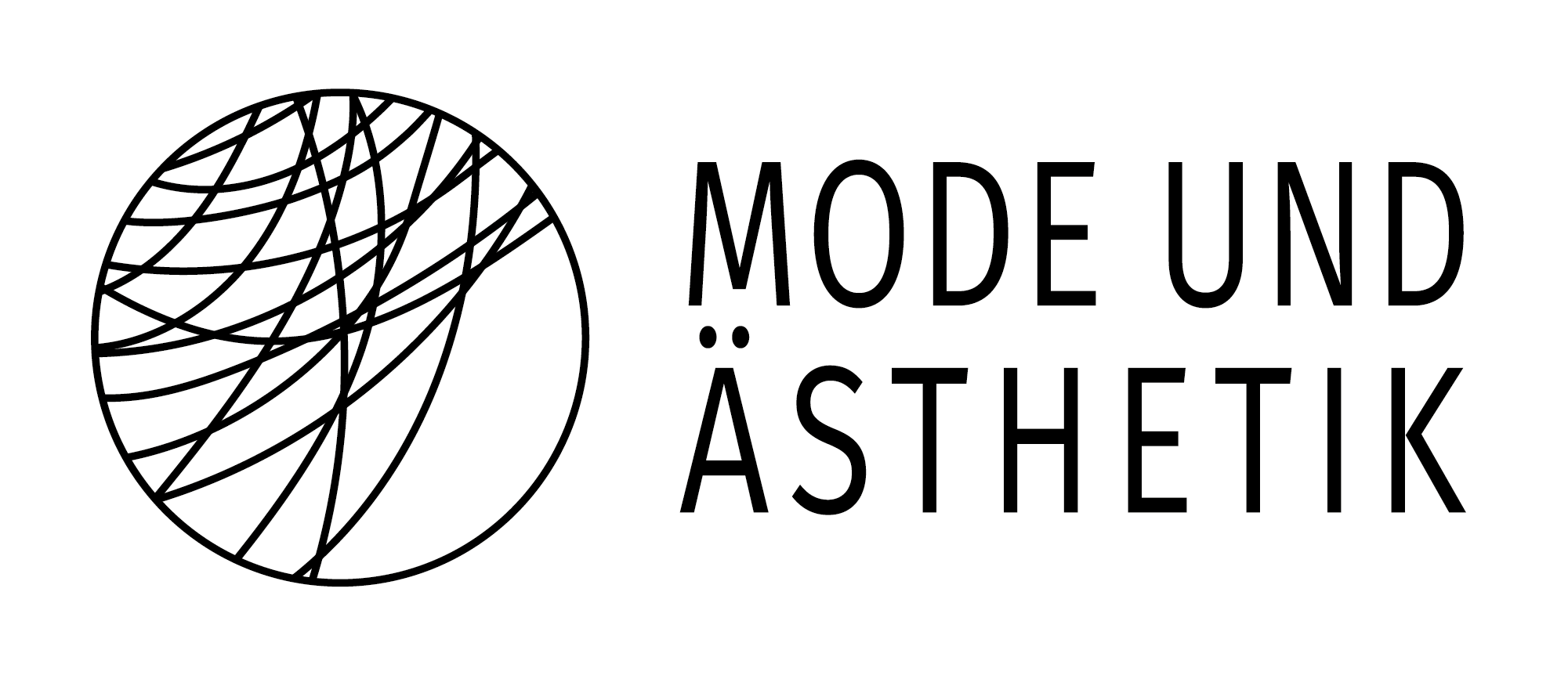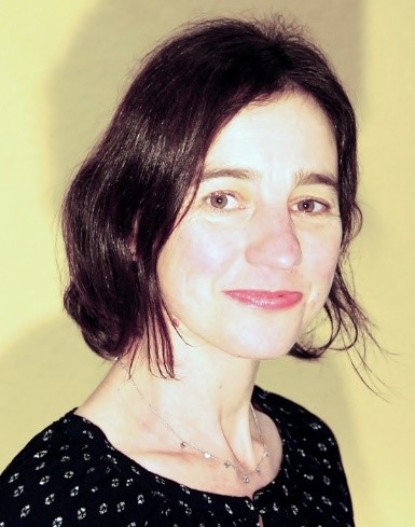Hybrid lecture series of the working group on Art Production and Art Theory in the Age of Global Migration of the Ulmer Verein für Kunst- und Kulturwissenschaften e.V.
Migration as an internal movement and as an international process perforating the borders of nation states has been increasing worldwide since the 1980s and is not an exceptional phenomenon, but the norm. The working group, which was founded and established in Munich in 2013 under the umbrella of the Ulm Association for Art and Cultural Studies (Ulmer Verein für Kunst- und Kulturwissenschaften), has set itself the goal of investigating the entanglements of migration and globalization as a significant phenomenon of social transformation in the 20th and 21st centuries in its role for art studies research, curatorial theory and practice as well as artistic production.
The digital lecture series Migratory Lectures explores these global contexts by bringing together international scholars, artists, curators and institutions from different locations in dialog with each other.
The lectures take place at different locations and online Zoom. The online version of the second lecture on the 5th of June takes place here.
Programm
Decolonial Mourning: On Resisting the Coloniality of Migration and Political Grief Work
Encarnación Gutiérrez Rodriguez
Goethe-Universität Frankfurt
Date Thursday 23.05.
Time 16:00 – 18:00
Location Hosted by Alexandra Karentzos & Rhea Dehn Tutosaus, Technical University of Darmstadt, Karolinenplatz 5, S101/A04.
This talk will deal with mourning as communal affective labour. It will do so by considering the political work and affective bonds created by collectives subjected to the violence of the coloniality of migration. It will engage with the forms of resistance organized by intersectional anti-racist collectives.
Encarnación Gutiérrez Rodríguez is a Professor in Sociology with a focus on Culture and Migration at the Goethe University, Frankfurt am Main.
Previously to this position, she was Professor in General Sociology at the Justus-Liebig-University Giessen. Moreover, she is a Adjunct Professor in Sociology at the University of Alberta, Canada, and a Visiting Professor at Nelson Mandela University, South Africa.
She has published widely on gender, migration, and care work. Among her publications is the book Migration, Domestic Work and Affect, published by Routledge (2010). More recently she has published Decolonial Mourning and the Caring Commons. Migration-Coloniality Necropolitics and Conviviality Infrastructure, and with Shirley Anne Tate the Palgrave Handbook in Critical Race and Gender and with Rhoda Reddock Decolonial Perspectives on Entangled Inequalities: Europe and the Caribbean as well with Pınar Tuzcu Migrantischer Feminismus in der Deutschen Frauenbewegung, 1985-2000.
Her work engages with affective labor, materialities, institutional racism, racial capitalism and the coloniality of migration.
On Fashion's Transnational Inequalities: Reflections on exploitative industry and the biases of scholarship
Anna-Mari Almila
Sapenzia University of Rome
Date Wednesday 05.06.
Time 16:00 – 18:00
Location Hosted by Elke Gaugele and Sarah Held, Akademie der bildenden Künste Wien, Karl-Schweighofer-Gasse 3, 1070 Wien, 1.06.
Scholars of fashion in the 2020s face two pressing and intertwined issues: environmental crisis and decolonising. When talking of the inequalities inherent in fashion systems, we cannot avoid either. The various decolonising projects ongoing in the field of fashion studies are made all the more pressing by fashion production’s extremely heavy environmental cost, the socially and geographically stratified consequences of climate change, and ongoing exploitation of vulnerable workforce in textile and garment production.
Further issues exist, too. We might ask where fashion scholarship and education are located, both in terms of global geography and in terms of subject-specific versus general educational institutions. Where are various fashion knowledges located? Where lie fashion’s value production and garment production respectively, and why are they so very differently rewarded?
Not that any of these divisions and factors are geographically fully stable. Around the world people travel, goods travel, thoughts travel, money travels. These movements are never based upon equality, either, but are ridden with many sorts of privileges, hindrances, and vulnerabilities. Some humans are forced to move, or forced to stay, while others (including many fashion scholars based in high-status institutions in places considered fashion capitals) move freely in a highly privileged manner.
The movement of fashion commodities is likewise either restricted or facilitated by international laws, contracts, and trade agreements. Ideas and images of fashion, and about fashion, move differently from physical objects and human bodies, but at the same time they reflect the global and local inequalities and injustices inherent in fashion systems.
Based on the recently published book Fashion’s Transnational Inequalities, edited by Anna-Mari Almila and Serkan Delice, this talk traces some of these disparities, arguing that a wide understanding of fashion’s multiple inequalities is necessary, in order to challenge even some of these.
Anna-Mari Almila is Senior Researcher in Cultural Sociology at the Sapienza University of Rome. She is a sociologist of fashion, wine, and other apparent trivialities.
She writes in the fields of cultural, political, global, and historical sociology, and her topics include the materiality of dressed bodies and their environments; fashion globalization and the history of fashion studies; the historical/political construction of urban spaces; fashion and religion; dress in later life; and wine and gender.
She loves social theory and (sociology of) wine. She is the author of Veiling in Fashion: Space and the Hijab in Minority Communities (2018). Her edited books include Fashion’s Transnational Inequalities (2023), The Globalization of Wine (2019), The Routledge International Handbook to Veils and Veiling Practices (2017) and The Sage Handbook of Cultural Sociology (2016).
Global Art and Blackness: some speculative openings
Paul Goodwin
Research Centre for Transnational Art, Identity & Nation (TrAIN), University of the Arts London
Date Wednesday 12.06.
Time 10:30 – 12:00
Location Hosted by Franziska Koch, Heinrich-Heine-Universität Düsseldorf, Universitätsstraße I, 0-Hörsaal/ 2201 HS 2AI.
This talk will draw on Paul Goodwin's ongoing research in the Worlding Public Cultures project (WPC) and also curatorial projects focussing on rethinking methodologies of art and globalisation with parallel work on the limits of ‘Black art’. The lecture will explain how Goodwin's work and thinking in WPC was informed by his practice and theorisations as a curator and researcher of diasporic African diaspora art practices in dialogue with critical Black study.
The lecture will suggest some speculative lines of inquiry connecting discourses of ‘worlding’ with debates in Black studies in order to open up new possibilities for (re)thinking the ‘global’ and ‘blackness’ in critical relation. In particular notions of the 'pluriverse' (Marisol de la Cadena & Mario Blaser, 2018) debated in the Worlding Public Cultures project as well as the work of Caribbean writers such as Edouard Glissant and Slyvia Wynter explored in the WPC London Gathering (Tate Modern 2021), will be discussed with the goal of opening up new ways of understanding the political importance of ontology in a global context.
Paul Goodwin is director of TrAIN research centre and professor of contemporary art at Chelsea College of Arts, University of the Arts London. He is Co-Lead Investigator of the Worlding Public Cultures international research project and a founding member of Transnational Arts and Culture Exchange (TrACE).
Digitale Creatorinnen mit Hijab – Eine Diskursethnographie über muslimische Modekörper in Deutschland
Laura Haddad
Georg-August-Universität Göttingen
Date Monday 08.07.
Time 11:40 – 13:20
Location Hosted by Alexandra Karentzos & Rhea Dehn Tutosaus, Technical University of Darmstadt, Karolinenplatz 5, S101/A04.
In meiner Forschung widme ich mich der Produktion und Rezeption muslimischer Modebilder in digitalen und anderen Medien und erforsche ethnographisch, wie Digital Creatorinnen mit Hijab ihrem modischen und mediatisierten Handeln – gesellschaftspolitisch und subjektiv – Sinn geben.
Muslimische Modebilder waren bis weit in die 2010er Jahre in der deutschen Öffentlichkeit kaum sichtbar und allenfalls Gegenstand kontroverser gesellschaftspolitischer Debatten. Durch den Einfluss sozialer Medien wandelt sich ihre Sichtbarkeit neuerdings: junge muslimische Akteurinnen nutzen Instagram, TikTok und weitere Plattformen zur Selbstdarstellung, als Einkommensquelle und zur Beteiligung an öffentlichen Diskursen. Modebilder sind untrennbar verbunden mit der dominanten visuellen Kultur, den Blickregimen, der sie umgebenden sozialen Welt(en) und mit den Körpern, die sie ausführen (vgl. Craik 2005: 289).
Sie fungieren dabei als Medien der Identitätsaushandlung, der kulturellen Distinktion und der verkörperten Praxis des Influencer-Marketings. Digital Creator:innen, die eine größere Reichweite haben und/oder mit ihrem Content Geld verdienen, werden unter dem Begriff „Influencer“ häufig kritisch rezipiert und auf ihre Funktion als Werbekörper reduziert (vgl. Nymoen und Schmitt 2021). Insbesondere Hijabi Creatorinnen sehen sich einer doppelten Problematisierung ausgesetzt: als sichtbar muslimische Frauen stehen sie im Fokus islamkritischer westlicher Debatten sowie konservativer islamischer Werte.
Als Influencerinnen wird ihnen die Kapitalisierung des eigenen Körpers und digitale Selbstausbeutung vorgeworfen. Die soziale Welt der (muslimischen) Mode ist eingebettet in gesellschaftspolitische und damit normative Debatten, die in sich jeweils klare Deutungsangebote machen: muslimische Modebilder werden durch konkurrierende gazes strukturiert, die die Akteurinnen situativen Anrufungen (als muslimische Frauen, als Werbefiguren, als „Kopftuchmädchen“, als Selbstständige u.v.m.) aussetzen.
Um dieser Gemengelage empirisch zu begegnen, stützt sich meine Forschung sowohl auf eine digitale Ethnographie als auch auf physisch co-präsente Interviews mit Creatorinnen, Talent Scouts/Casting Directors, Designer:innen, Stylist:innen und anderen Personen aus dem Feld. Damit ist eine in-situ Erforschung medialer Praktiken gewährleistet, die sowohl die Produktion als auch Rezeption der Modebilder einordnet und die Nutzung sozialer Medien in den Alltag der Akteur:innen einbettet (vgl. Bender und Zillinger 2015: XXIV).
Im Forschungsprozess beobachte ich meine eigene sich (stets) wandelnde Haltung selbstkritisch und spüre den verschiedenen Diskurspositionen nach, um mich immer wieder neu auszurichten und den bisweilen ambivalenten Perspektiven der Akteurinnen Raum zu geben.
Als Ethnographin ist es meine Aufgabe, den Positionen im Feld eine kritische und distanziertere Analyse anzubieten, die sich von feldeigenen Perspektiven absetzt und sich gleichzeitig von externen Diskurspositionen freimacht, die das Feld bereits vorverurteilt zu haben scheinen.
Ich begreife meine Forschung als einen wissenschaftlichen Diskursbeitrag, der ebenso wie alle anderen kommunikativen Handlungen die Wirklichkeit mitgestaltet. Damit stellt sich die Aufgabe, verschiedene, mitunter polarisierende Wissensbestände zu integrieren, die aus einer nicht nur singulären Perspektivendifferenz resultieren.





